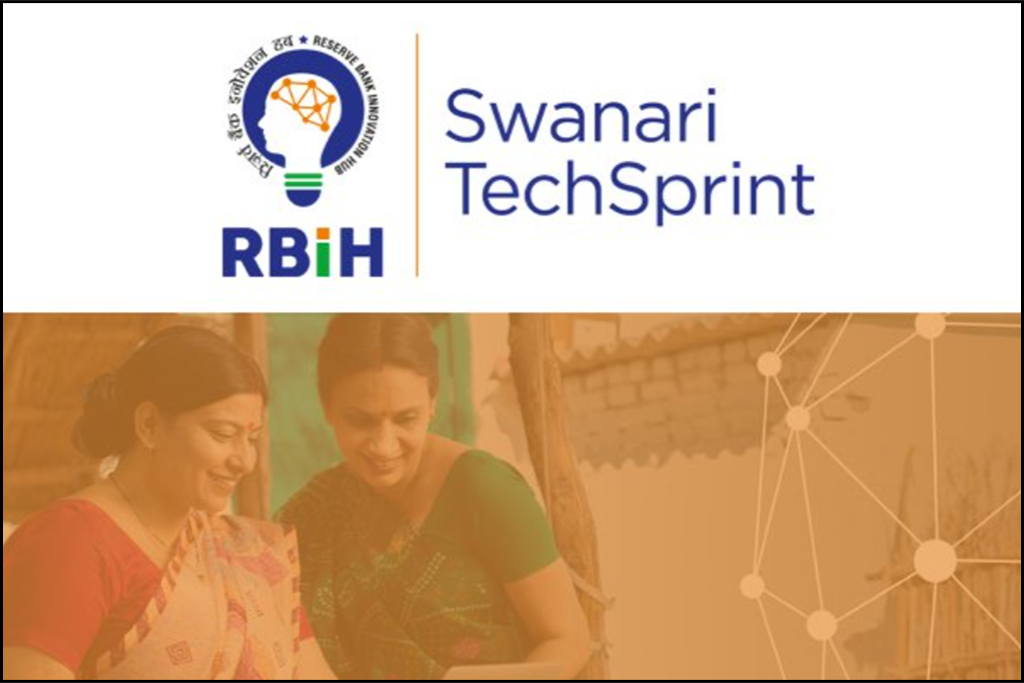
Nearly a billion women around the world lack access to financial services and make up the majority of the global unbanked and underserved population. The problem is more pronounced in emerging markets. Women in India held only 35.4% of deposit accounts in commercial banks as of 2021, and women’s share of total deposits was only 34%.
The spread of digital financial services in the developing world is rapidly expanding financial inclusion, but the gender gap persists. Private-sector firms fail to design products for women for a range of reasons, including social norms, flawed assumptions about women’s financial priorities and the fact that companies still intrinsically focus their offerings on men.
To address this challenge, the Reserve Bank of India’s Innovation Hub (RBIH) established the Swanari program in 2022. Meaning “Self-Reliant Lady” in Hindi, Swanari is aimed at closing the financial services gender gap in India.
AIR is a principal partner on the Swanari program, and in April 2022 co-hosted the RBIH’s Swanari TechSprint. The four-day virtual event convened competing teams comprising tech and financial services providers, startup innovators and financial inclusion advocates.They were charged with developing ideas for products specifically tailored for women.
The teams were asked to offer solutions for improving digital and financial literacy using behavior-led design. The desired objectives were specifically to:
Reflecting widespread interest in narrowing the gender gap for financial services access, the RBIH received over 200 applications to take part in the TechSprint. Meanwhile, over a thousand people expressed interest in attending webinars and other virtual educational opportunities associated with the event. Applicants came from over 40 cities and towns across India. A website devoted to the project drew more than 37,000 visitors between February 28 and April 22.
The TechSprint was divided into two tracks. In one, teams that were formed from individual attendees presented new prototype ideas. In the other track, existing organizations could demo a product that was already in development. The latter competition produced five winners. Two of the winning teams entered an incubation process developed by the Centre for Innovation, Incubation & Entrepreneurship (CIIE) at the Indian Institute of Management Ahmedabad. The other three winners have used the exposure of the Swanari platform to gain partnerships and funding. Read more about the winners and takeaways from the event.

BLOG • Power of empowerment: Swanari TechSprint Takeaways
AIR was a partner with India’s Reserve Bank Innovation Hub on a tech competition and ideas forum exploring digital financial services solutions for women’s economic advancement.

PODCAST • The Reserve Bank of India’s Path to Financial Inclusion
Rajesh Bansal is head of India’s Reserve Bank Innovation Hub, which along with AIR hosted the Swanari TechSprint looking at ways to expand financial services access for women. He speaks with Jo Ann about the country’s pioneering innovation strategy.

VIDEO • TechSprints Are a Collaborative Method Used in Solving Complex Problems
What are “techsprints?” Adapted from the hackathons invented by tech companies, TechSprints are events in which people with diverse knowledge from the public and private sector come together to ideate and co-create technology solutions for complex problems.
Stay informed by joining our mailing list